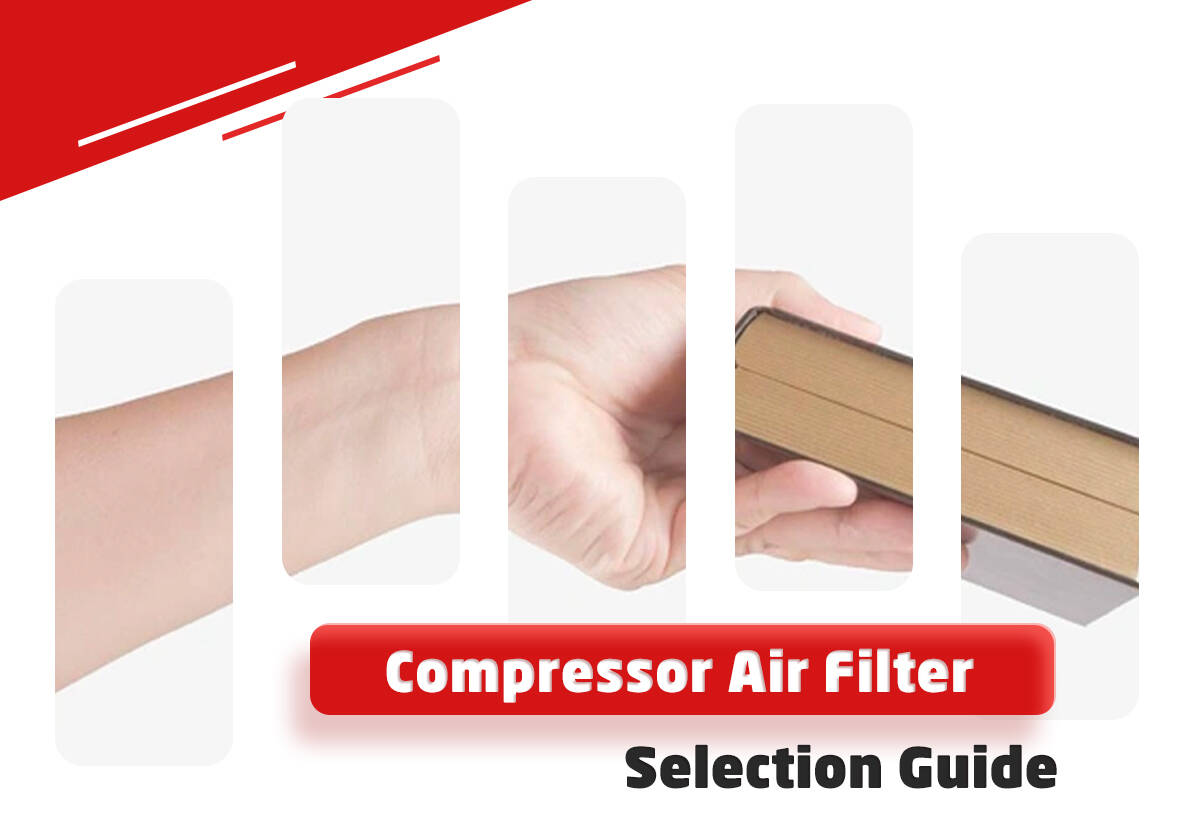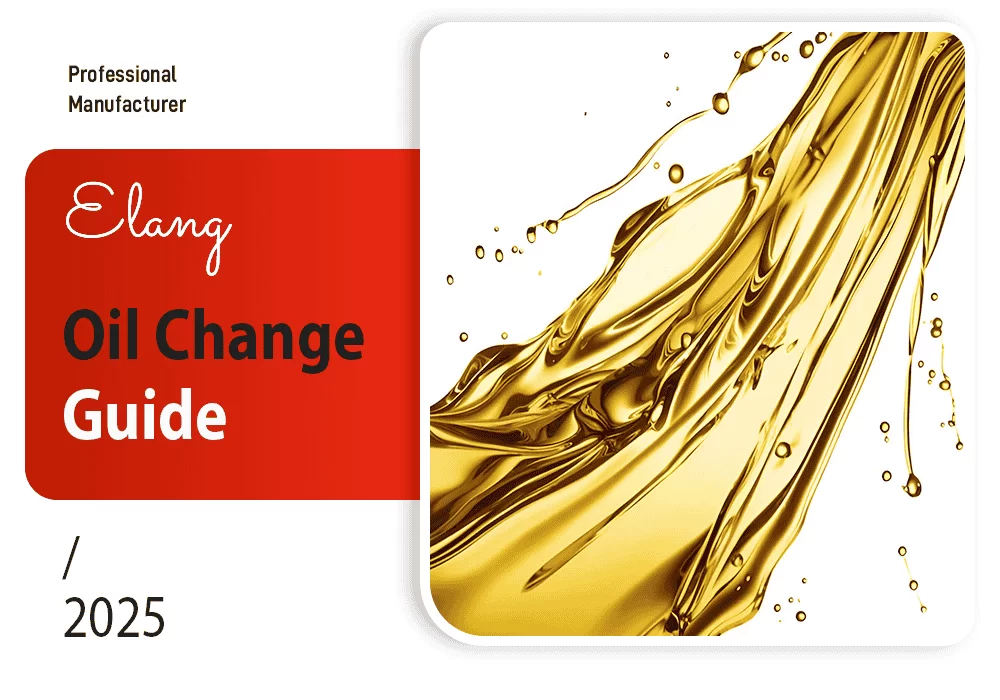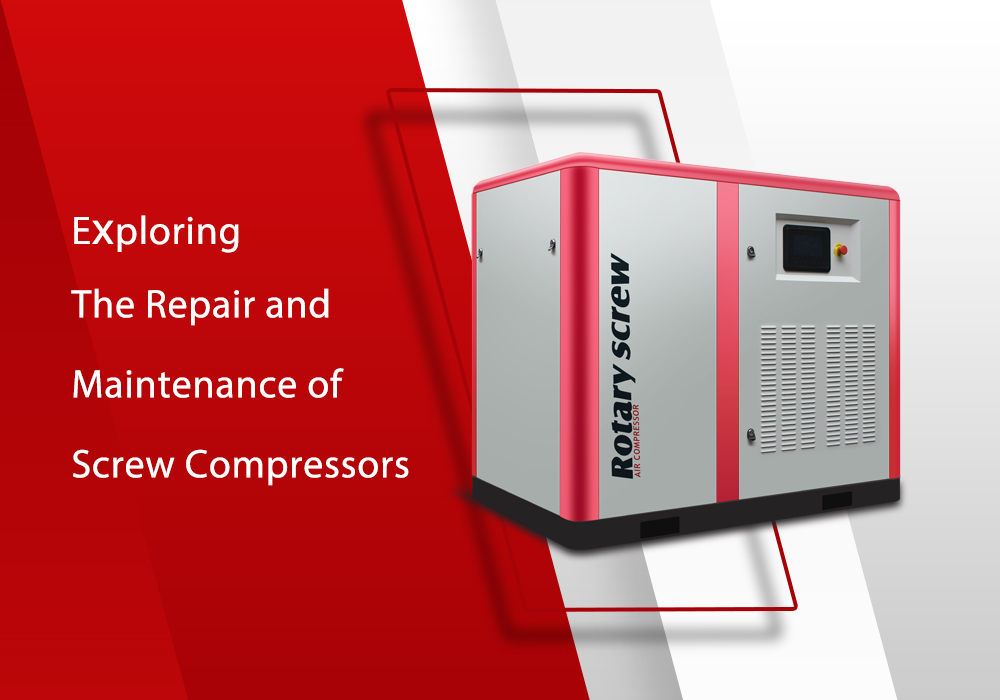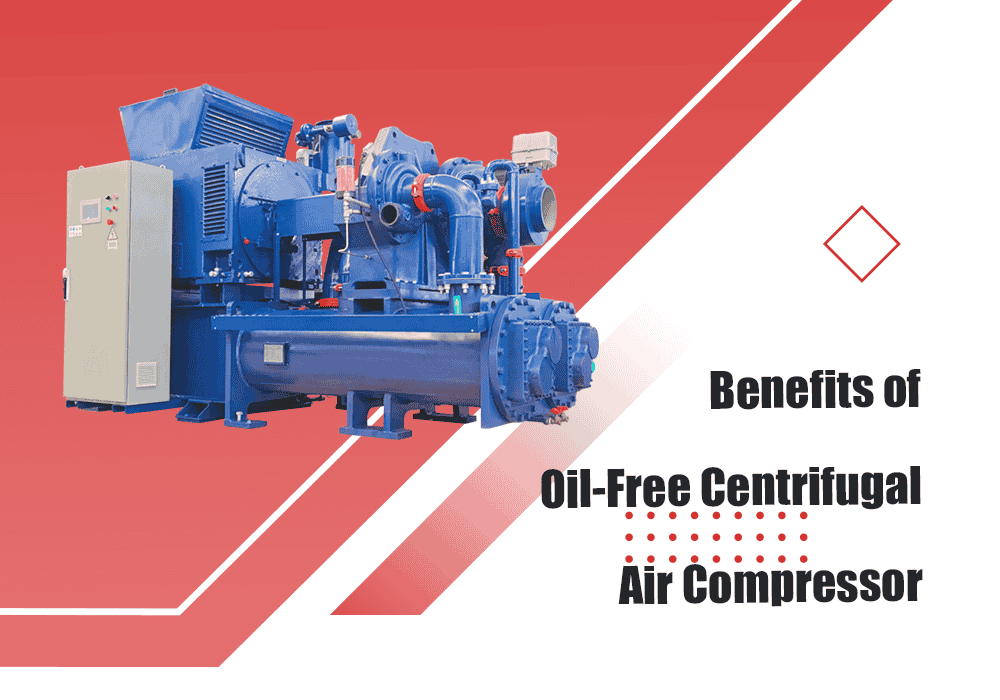
Thanks to their oil-free contamination, high operational efficiency, and strong reliability, oil-free centrifugal air compressors have gained extensive adoption in industries and projects with stringent requirements for air purity and supply stability.
With the expanding application of oil-free centrifugal compressors in the market, it has become essential to ensure long-term dependable operation while also paying close attention to the nuances involved during usage.
Oil-free centrifugal air compressors: the advantages
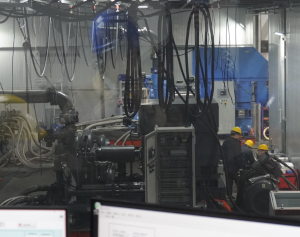
The core value of oil-free centrifugal air compressors, as a type of centrifugal compressor, is that they can not only meet the demand for large displacement, continuous and stable air supply, but at the same time provide 100% oil-free and pure compressed air. Therefore, oil-free centrifugal air compressors are widely used in areas that are highly sensitive to the purity of the air source and require large-scale air supply.
Oil-free centrifugal air compressors: applications
In the above said oil-free centrifugal air compressor application areas are briefly explained here:
1. Food and beverage production industry
2. Pharmaceutical and biopharmaceutical industry
3. Electronics and semiconductor industry
4. Chemical and petrochemical industry
5. New energy industry
Oil-free centrifugal air compressors: instructions for use
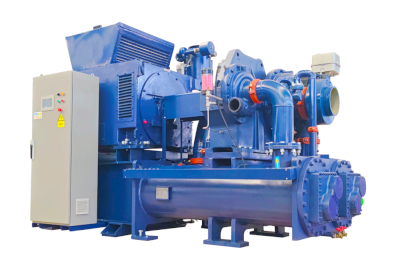
In order to ensure its long-term efficient and stable operation and reduce the risk of failure, the following matters should be emphasized when using it.
Centrifugal air compressors are complex
As the “giant” of the centrifugal compressor family, oil-free centrifugal air compressors are relatively complex (involving magnetic/air suspension bearings, high-speed motors, precision control systems, etc.), and require attention not only to the external environment during operation, but also to the multiple systems working together during maintenance of the entire machine.
The environment around oil-free compressors
Ambient temperature and humidity: oil-free compressor operating temperature in general, need to be controlled at 5 ℃ ~ 40 ℃ (specific to the equipment specification shall prevail), to avoid high temperatures lead to motor overload, bearing heat dissipation; and relative humidity should not exceed 85%, to prevent the humid environment triggered by short-circuiting of electrical components, equipment corrosion (especially the cooling system and control system).
Ventilation and space: oil-free compressors need to be considered in advance around the reservation of adequate ventilation space (usually required on both sides and the top of the distance from the obstacle ≥ 1.5m), so as to ensure that the heat dissipation is good; also need to avoid installing in the dust, corrosive gases (such as chemical workshop acid and alkali gases) concentration of the high areas, it is recommended that there is a special compressor room; if it can not be avoided, the need to add a pre-filtering device, to prevent impurities from entering the equipment to damage the bearings or clogged If it can not be avoided, it is necessary to install a front air filtering device to prevent impurities from entering the equipment and damaging bearings or blocking the cooling channel.
Foundation load-bearing and leveling: oil-free compressor installation foundation to meet the load-bearing requirements (designed according to the weight of the equipment, usually ≥ 1.2 times the weight of the equipment), to avoid the foundation settlement caused by the tilt of the machine; installation of oil-free compressor need to ensure that the level of the level of the compressor (calibrated by leveling device, error ≤ 0.1mm/m), to prevent the rotor operation of the additional vibration, damage to the bearings or seals, which would sharply increase the cost of maintenance.
Oil-free centrifugal compressors: maintenance
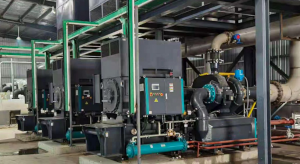
Air intake filtration system
Regular Cleaning / Replacement of Filter Element: 1 ~ 3 months regular inspection (according to the environmental dust concentration), when the differential pressure of the filter element exceeds the threshold set by the equipment (generally 5~10kPa), it needs to be cleaned (washable cartridge) or replaced (disposable cartridge) in a timely manner.
Avoid cartridge breakage: you can check whether the sealing ring is intact by the way when carrying out the above steps, and make sure that it fits tightly when installing, so as to prevent unfiltered air from entering through the gaps, and to avoid impurities from wearing out the impeller and bearings.
Managing Cooling Systems
Air-cooled system: 2 ~ 4 months to regularly clean up the cooling fan blades, radiator surface dust, debris, and incidentally check whether the fan motor is in normal working condition.
Water-cooled system: first of all, we need to ensure that the water quality of cooling water, test hardness needs to be less than 100mg / L, to avoid scaling; 6 ~ 12 months regular replacement of cooling water, you can also add corrosion inhibitors, scale inhibitors; check the cooling water pipeline leakage or clogging, 3 ~ 6 months regular cleaning of the condenser.
Bearing system monitoring
Bearing system maintenance is the most important place for oil-free centrifugal air system maintenance. Oil-free centrifugal air compressor mostly adopts magnetic levitation bearing or air suspension bearing, which does not need lubricating oil, but the operation status of the bearing system directly determines the life of the equipment, and it needs to be monitored.
Real-time monitoring parameters: through the centrifugal compressor control system real-time attention to the bearing temperature (usually ≤ 80 ℃), vibration value (usually ≤ 1.0mm / s), suspension gap (magnetic levitation bearings usually 0.1 ~ 0.3mm), if the parameters are out of the normal range, you need to immediately shut down and check, to avoid bearing wear or jamming.
Regular calibration and maintenance: according to the requirements of the manual, usually every 1~2 years to regularly calibrate the bearing control system to ensure the precision of levitation control; avoid the equipment to run in excess of the rated working conditions (such as overpressure, over-speed), to prevent the bearing from being overloaded resulting in damage.
Pressure and flow control
Avoid overpressure operation: set the outlet pressure according to the actual gas demand, not exceeding the rated pressure, overpressure will lead to oil-free centrifugal compressor safety valve tripping, overload, long-term overpressure will damage the impeller and seals.
Flow matching: if the actual gas consumption is much lower than the rated flow rate of the equipment, it is necessary to start and stop the unit through frequency adjustment or reasonable, to avoid the centrifugal compressor running at a low load for a long time, resulting in a decline in efficiency and an increase in energy consumption; if the fluctuations in gas consumption, you can configure a gas storage tank (volume determined according to the magnitude of the fluctuations), to stabilize the pressure of the gas supply to reduce the frequency of starting and stopping.
Regular inspections and professional maintenance
Daily inspection: daily check whether the operating parameters of centrifugal compressor are normal, such as pressure, temperature, current, vibration; check whether there is any abnormal leakage or noise in the intake filter, cooling system and pipeline connection; record the operating data for subsequent analysis of the cause of failure.
Professional Maintenance: Every 6~12 months, professional personnel will carry out comprehensive maintenance, including: checking the insulation of high-speed motors, cleaning the internal dust; checking the wear and tear of seals, and replacing the aging seals in time; calibrating the control system parameters to ensure the precision of the equipment control; and carrying out in-depth testing of the bearing system and cooling system to eliminate potential malfunctions.
Troubleshooting: If the equipment alarms such as high temperature, high pressure, bearing failure, you need to immediately stop the machine, contact professional maintenance personnel to investigate, do not dismantle the core components such as magnetic levitation bearings, high-speed motors without authorization.
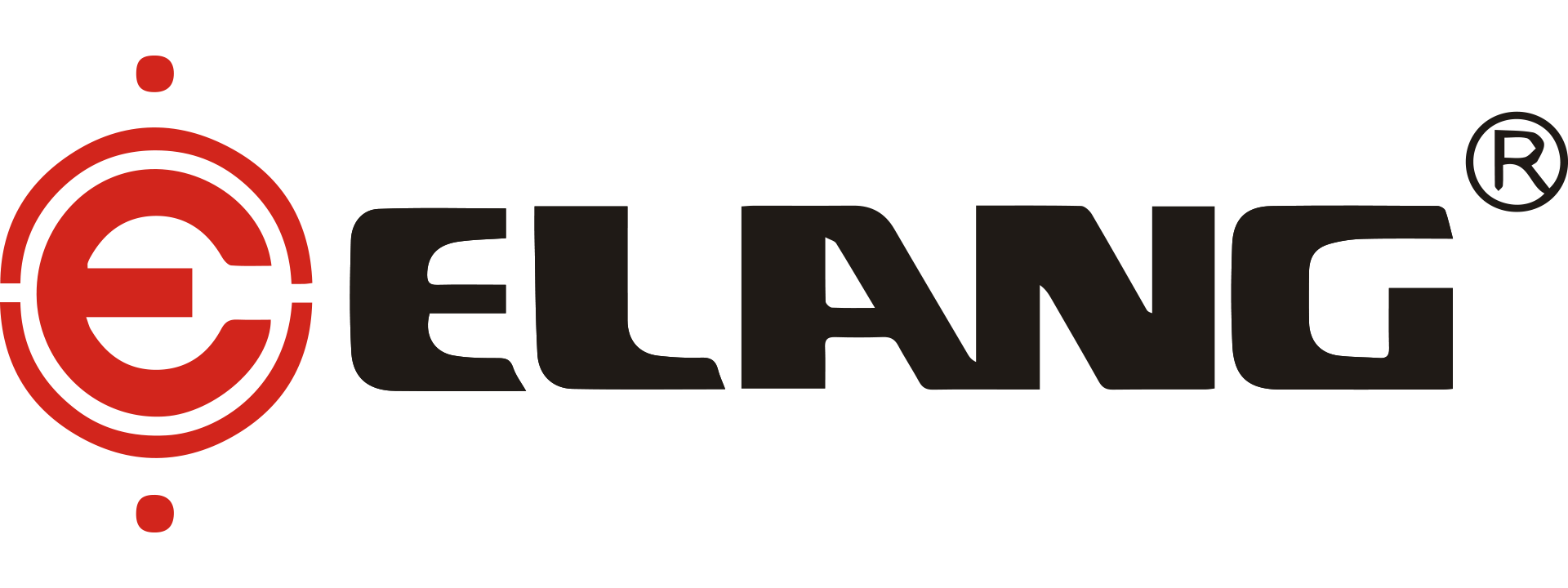








-66x66.png)

